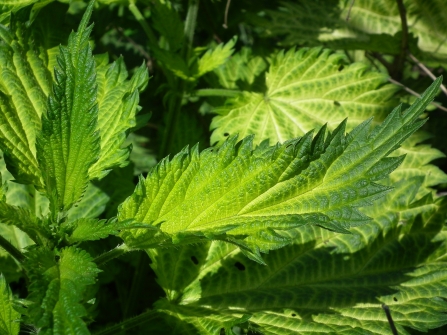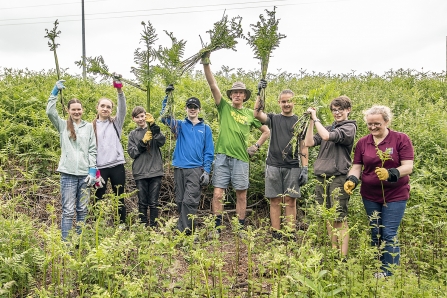It is now 12 years since the American author Richard Louv pointed out that something potentially very damaging was happening to our children. They were becoming more and more disconnected from nature, they were retreating from the world outside. Young people were no longer playing in fields, woods and parks where their parents use to play.
In “Last Child in the Woods”, Louv documented the causes and consequences. Of those reasons two came to the fore front, stranger danger believing that the outside had become a very risky and unsafe place for children and the increase of screen time with computers, mobile phones and TV.
The words used by Louv – “nature deficit disorder” suddenly became a familiar saying worldwide.
Louv’s work concentrated on the adverse mental and physical health consequences that it was having on our children but the outcome was also having an adverse effect on our wildlife such as hedgehogs, butterflies, bees and plants because our modern children are just not familiar with them.



